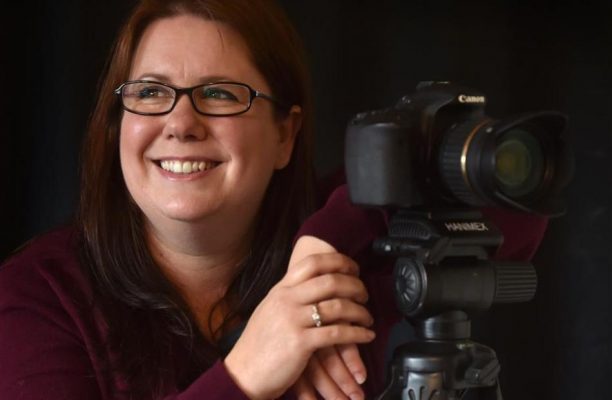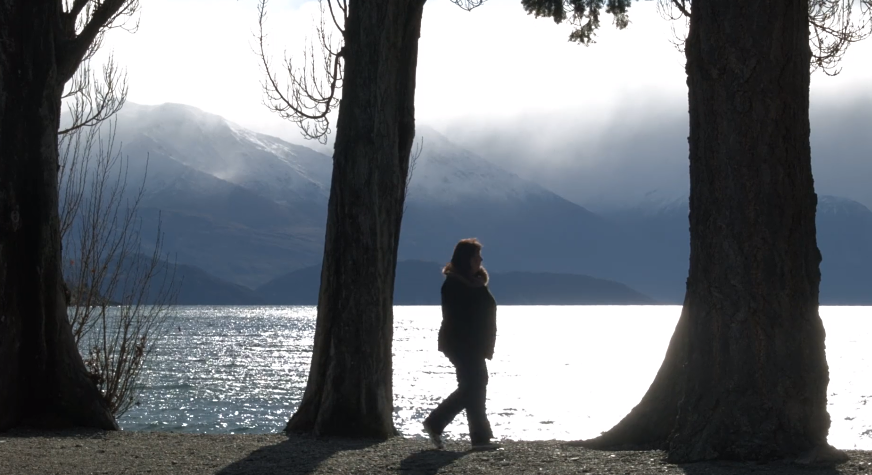Experiences with atypical breast cancer
28 May 2018
Breast cancer is one of the most common cancers affecting women in New Zealand. There’s a great deal of information and support for sufferers. But what if you have breast cancer and you’re in a group not commonly associated with the disease?
That’s the situation Emma Schranz found herself in eight years ago, when she was diagnosed with breast cancer at the age of 32. Her experience started her on a journey into the world of research – and she hopes it may lead to better experiences for other cancer sufferers in the future.
Emma is completing her Masters in Science Communication at Otago University, with a focus on communication aimed at atypical breast cancer sufferers. Her degree has been made possible by a scholarship from the Healthier Lives National Science Challenge and the Cancer Society.
Emma explains the genesis of her project.
“When I was diagnosed and throughout my year-long treatment, I often felt like the youngest person in the room. I’d sit in the waiting room and there’d be lots of knitting patterns and a sea of older people, and nobody my age.”
Emma’s initial research uncovered that most of the communication to breast cancer patients was aimed at post-menopausal women. “I started thinking hang on, what about men, or other people who don’t fit the norm?”
The other breast cancer patients

Emma’s research – now being written up as a paper for journal publication – focuses on five key groups of patients who, she says, are not being communicated with effectively. They’re high-risk or vulnerable people (those with addiction or mental health issues); young women; men and Māori, Pasifika and Asian populations.
She also looks at the issues around survivorship; what happens as people recover from cancer treatment.
With a background in filmmaking and as a screenwriter and director, Emma says it felt natural to make something visual as the creative component of her research. So she created three short webisodes aimed at health professionals, and a short documentary, “I’m Still Here”, about the Ex Pinkt gym for cancer survivors at Otago University.
“It was a coming together of a need and a talent”, says Professor Nancy Longnecker, Emma’s supervisor at the Centre for Science Communication.
The webisodes focus on individual experiences: Emma’s own as a young woman and that of a male sufferer. The third is an interview with oncologist and Cancer Society medical director (and Healthier Lives Principal Investigator) Dr Chris Jackson, talking about the challenges of communicating effectively with cancer patients.
“It’s my hope”, says Emma, “that once the research is out there and the webisodes are viewed by health professionals there’s a double prong effect: the health professionals who are currently working with cancer patients can think about ways to improve the way they communicate with minority groups and secondly that we can start a dialogue on addressing survivorship issues and how we can improve things so that treatment doesn’t end and people are just kind of left to fend for themselves”.
View the videos and read the full story in Cancer communication outside the box.
*Emma Schranz’s project was made possible by a scholarship from Healthier Lives and the Cancer Society.


